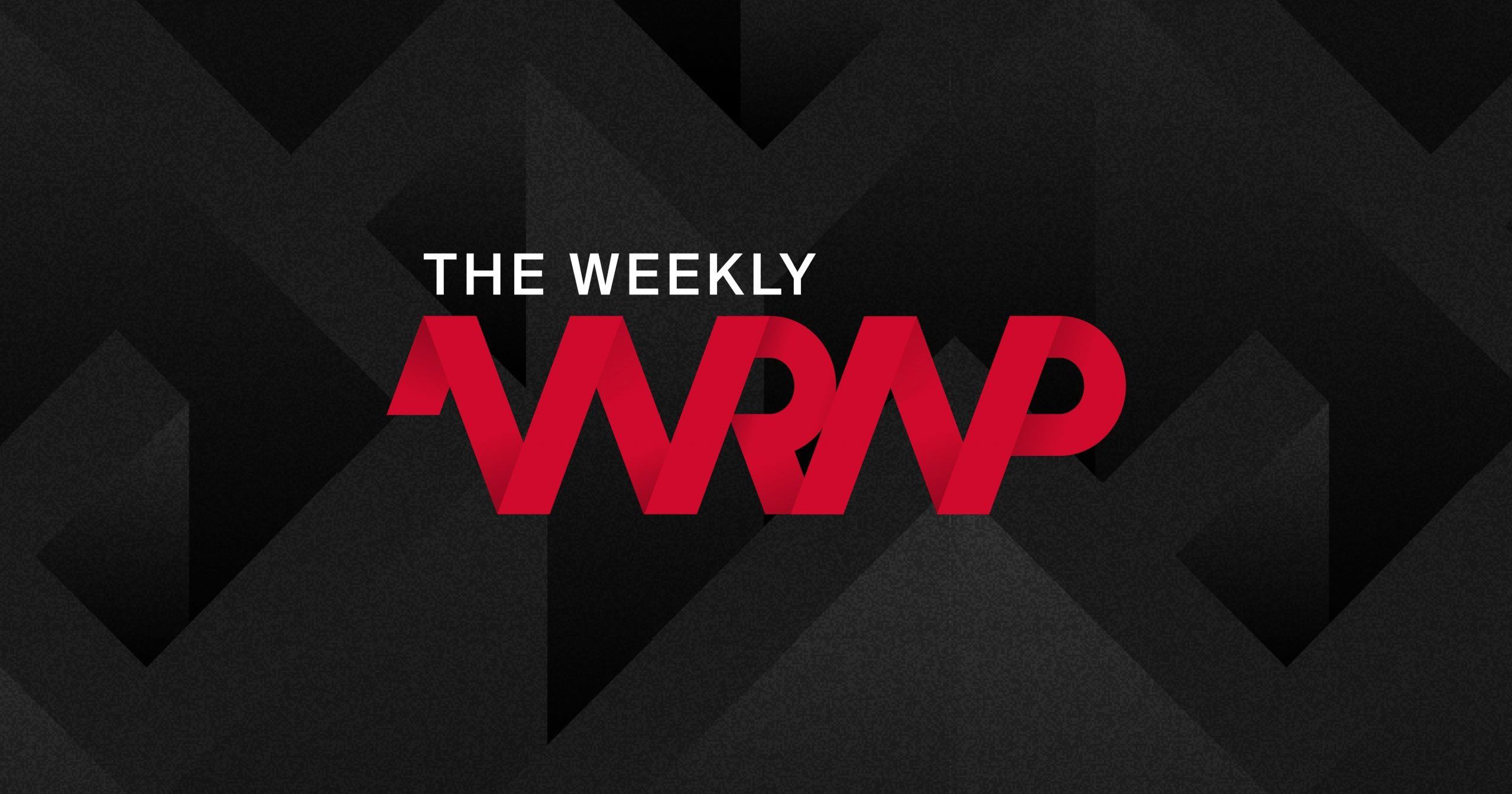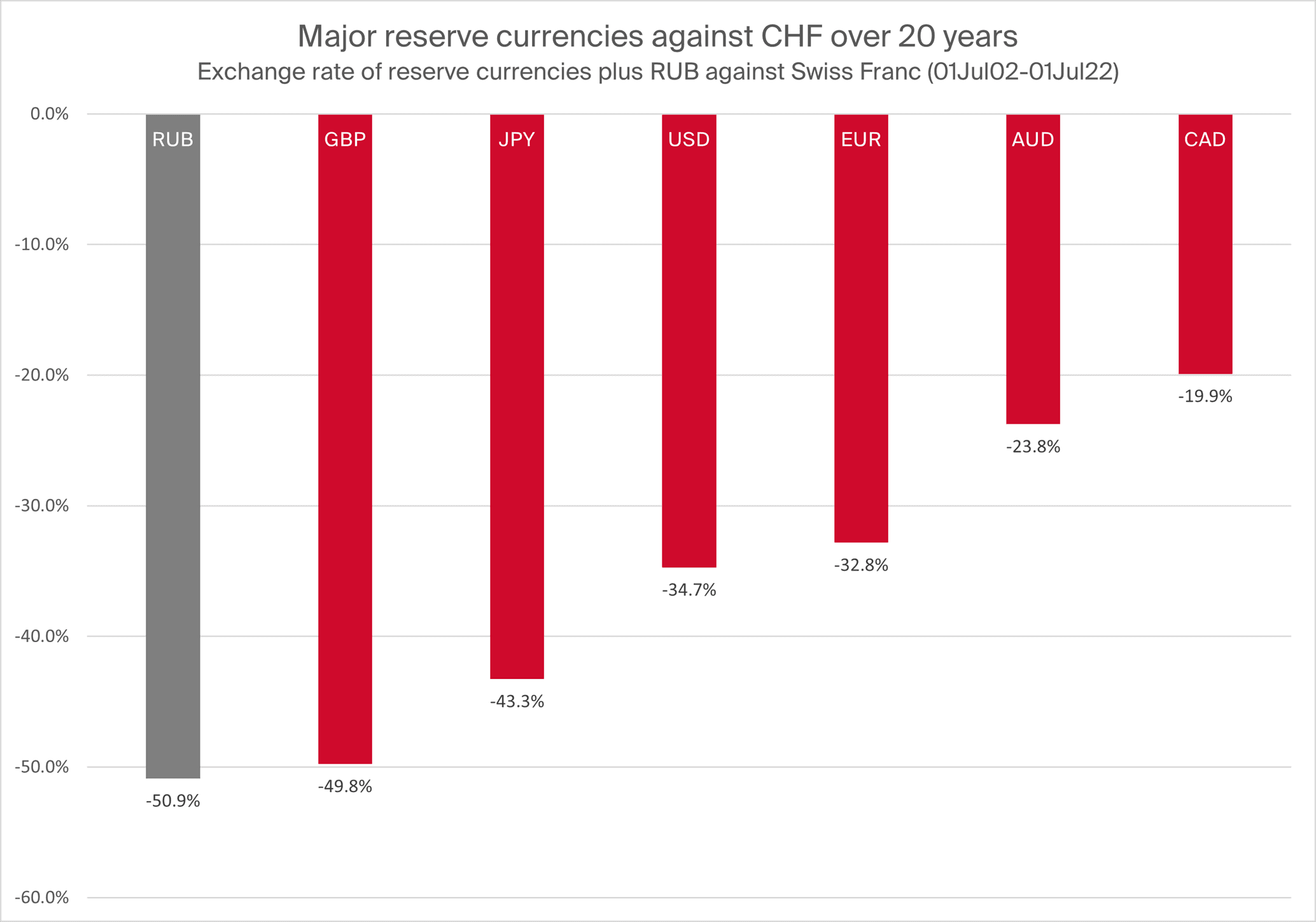The Weekly Wrap: ETH Merge and Solana faces class action lawsuit in California
Jul 8, 2022
Chart of the week
1. Ethereum Merge: Sepolia testnet successfully switches to Proof-of-Stake
The Facts:
- The second Proof-of-Work testnet, Sepolia, merged with its Proof-of-Stake counterpart on July 6. Although 1/3 of validators went offline right after the merge due to misconfigurations, the merge was an overall success.
- This comes one month after Ropsten became the first testnet to transition through the Merge process on June 8.
- ETH price in USD went up 7% between July 6 and time of writing (noon July 8).
Why it’s important:
- The Ethereum community is working hard (c.f. mainnet readiness checklist) and delivered two successful test merges within a month. Expected over the next few weeks, Goerli will be the third and final test run before mainnet Ethereum.
- The immediate price reaction may indicate growing confidence that the Ethereum community is mastering the complex Merge process.
Some, like bitcoin, and that's the only one, Jim, I'm going to say because I'm not going to talk about any one of these tokens [that] my predecessors and others have said [are] a commodity
SEC chairman Gary Gensler (CNBC interview with Jim Cramer, video clip)
2. Solana faces class action lawsuit in California
The Facts:
- In a class action complaint filed on 1 July 2022, two major accusations target not only Solana Labs, Inc. but also the Solana Foundation, Solana CEO and founder Anatoly Yakovenko and several other LLCs.
- Six complaints are brought forward, among them a critique about Solana’s ICO, the lack of decentralization of the network, and, potentially most consequential, the claim that SOL is a security.
- A class action lawsuit is initiated by a person or small group on behalf of a potentially much larger group. In this case, the class of people is described as “All persons or entities who purchased SOL securities from March 24, 2020, to the present” excluding all Solana leadership and their families and legal representatives.
Why it’s important:
- Solana’s initial token distribution across four private and one public round may be considered unbalanced.
- The lack of decentralization may be supported by others in the Solana community, but there are no legal requirements pertaining to the level of decentralization of blockchain projects.
- However, if the claim of Solana being a security catches on, the repercussions may go far beyond. The case would draw increased scrutiny of a number of L1 chains to compare the ways they were set up and operated with Solana’s case in order to decide whether their token must be considered a security as well.
- In a larger context, SEC chairman Gary Gensler continues to hesitate labeling digital assets other than Bitcoin “commodities”, thus not supporting statements made by his predecessors.
$46 million
Amount Italy dedicates to blockchain companies and research (via CryptoSlate)
In other news
- Controversial decision by European Parliament to include gas and nuclear power in European green taxonomy (via LeMonde)
- TikTok CEO leaves to launch blockchain gaming startup Meta0 (via beincrypto)
- Binance first exchange to cut trading fees for BTC (via CryptoBriefing)
- Chinese court bans businesses from paying salaries in Tether (via finbold)
Bitcoin Suisse


